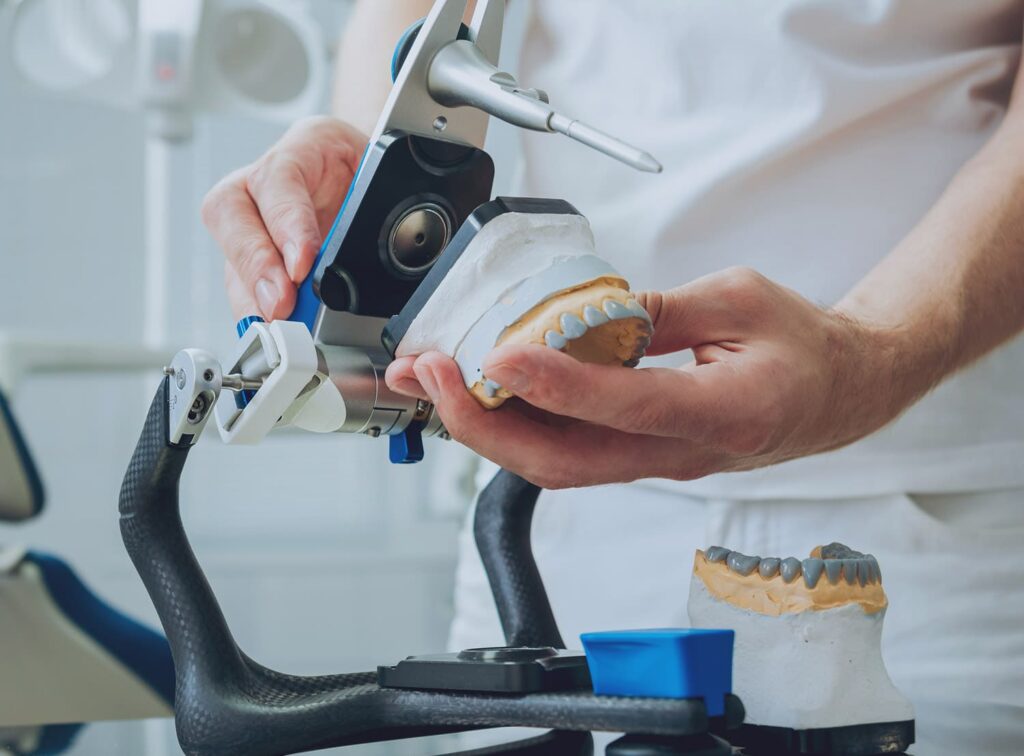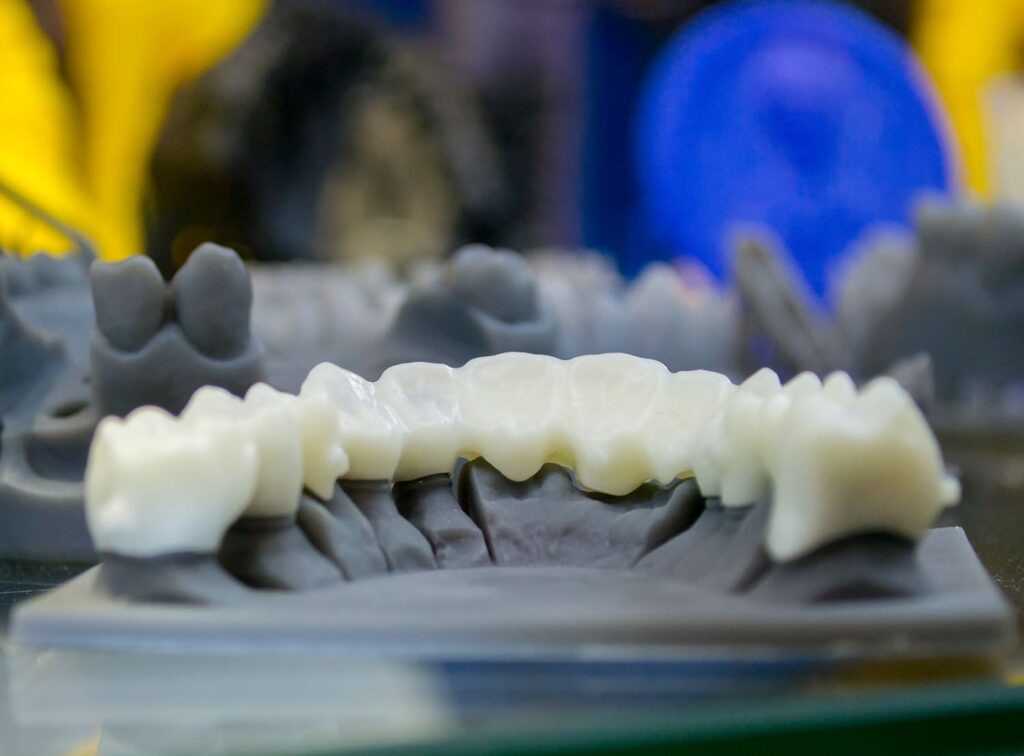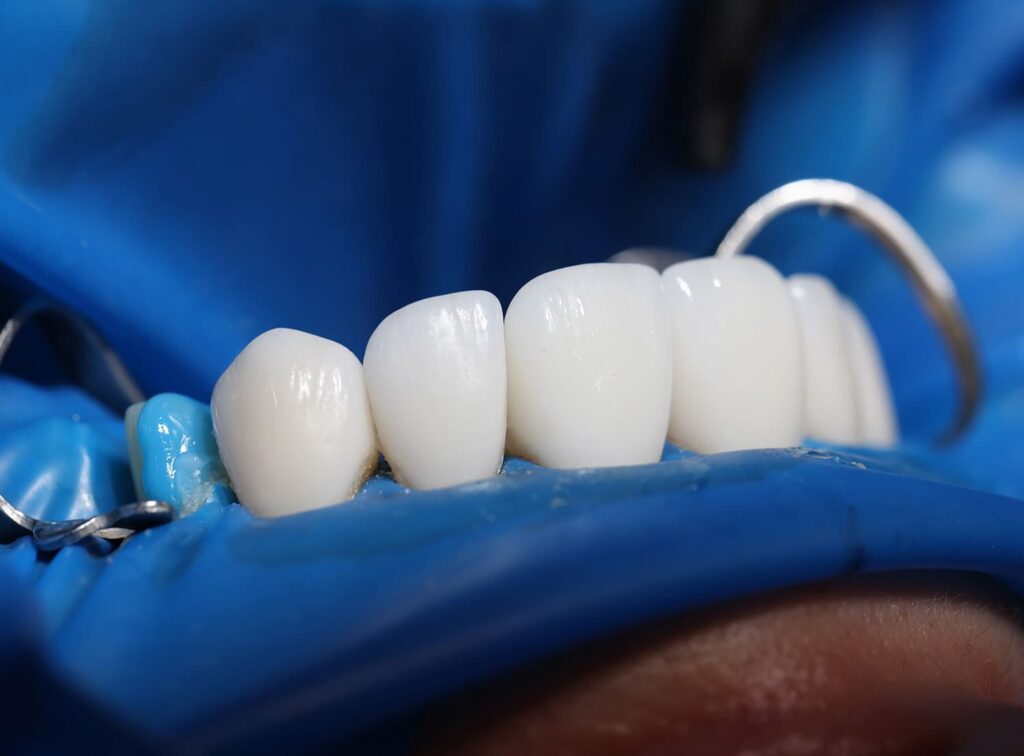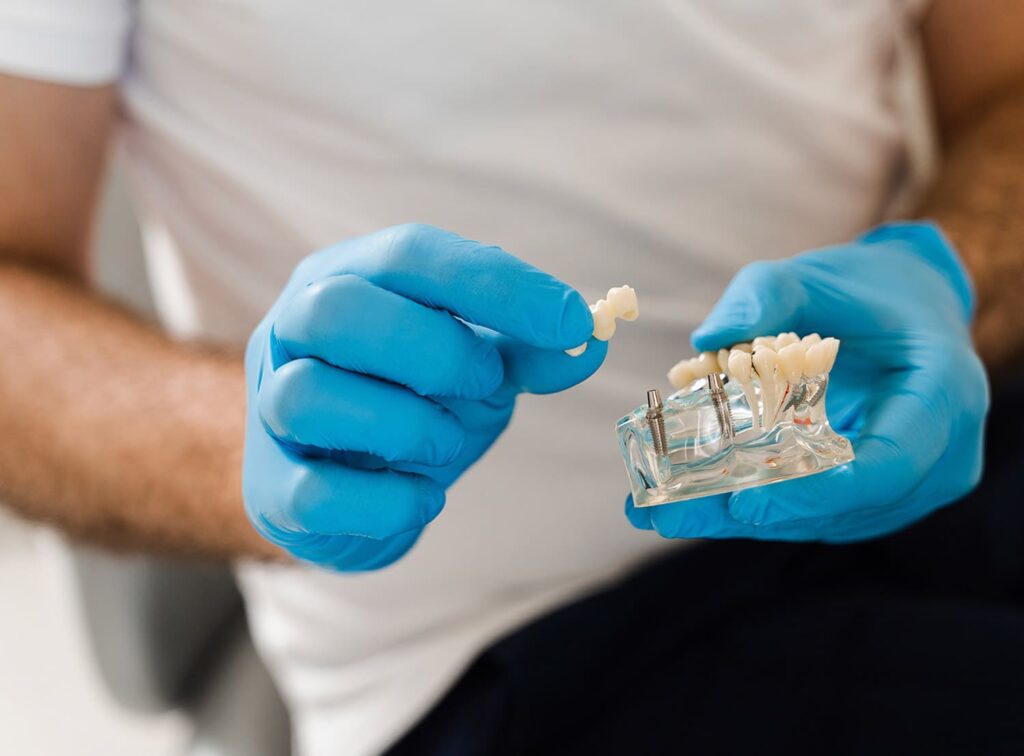DENTAL PROSTHESIS
Dental Prosthesis
Missing teeth are a significant problem in terms of oral health and aesthetic appearance. Tooth loss can occur for various reasons, and the gaps left in the mouth due to these deficiencies can lead to serious issues. Particularly, teeth lost due to extraction or trauma can cause neighboring teeth to shift positions. This can result in the teeth within the mouth being in an irregular alignment and disrupt chewing function.
In addition, the gums and surrounding tissues in the area with missing teeth can also be affected. This can lead to gum problems, infections, and tooth decay. However, the placement of prosthetics in place of missing teeth can help prevent and address these issues.
Prosthetics placed in the space of missing teeth offer various options. Traditional dentures are attached to teeth with clasps or wires, but this does not provide an aesthetically pleasing appearance and can threaten the health of existing teeth. A more modern approach is to secure prosthetics with precision attachments hidden within crowns. This provides a more natural look and helps preserve the health of existing teeth.


There are various dental treatment methods available today to address missing teeth. These methods are chosen based on individual factors such as the number of missing teeth, the position of the teeth, and the overall condition of the mouth. For example, in cases where all teeth are lost and implant or fixed bridges are not feasible, removable complete dentures, commonly known as “dentures,” may be preferred.
Complete dentures typically need to be replaced every 5 years. Porcelain teeth are rarely chosen for these dentures; usually, plastic teeth are used, but these plastic teeth can change color over time. It is recommended to clean your denture regularly with special preparations to maintain the color of the teeth.
Porselen crowns are dental prostheses used for damaged, decayed, fractured, or aesthetically corrected teeth. These crowns cover the outer surface of teeth, providing a natural appearance and durability.


Crowning or capping teeth restores the natural appearance and functionality of the tooth. Crowns are made from durable materials, resistant to chewing forces, and help protect the tooth. The procedure involves taking measurements by the dentist and then applying the crown to the tooth after it is custom-made. This ensures a personalized fit and aesthetic results. Crowns are a safe procedure to improve the health and appearance of the tooth.